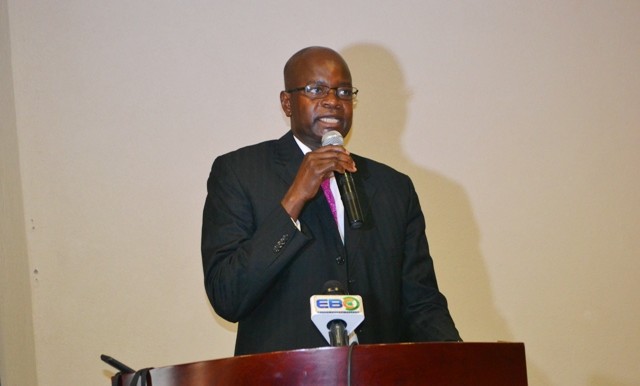South Sudan’s Examination Council will no longer shoulder a responsibility for conducting a unified primary school leaving certificate examination. The examination, according to the national ministry for general education and instruction, will now be set by the states through their ministries of education.
Minister Deng Deng Hoc cited some hurdles as the reason for which the ministry may not be able to conduct this year’s school examinations for states. Deng requested the Ministers of Education from the states to conduct the examinations themselves. He made the remarks in his capacity as chairperson of the Council at which he told members that the national government will only be involved in moderating and issuing unified certificates for the 28 states schools, including Administrative areas.
“Due to some hurdle, we may not be able to conduct primary school examinations ourselves as the South Sudan examination this year; they will be conducted by the States Ministry of Education”, said Deng.
“Instead our role will be limited for moderation of the examinations, and to issue certificates instead of having 28 different certificates for all 28 states and Abyei administration. We will have one national recognized primary school certificate”, Deng added.
Deng said he had also written letters to all 28 ministers of education on the timetable for the conduct of this year’s primary schools examinations.
“In line with resolution number 7 of the third council meeting which focused on the unification of the primary examinations, I wrote letters to all 28 ministers of education on the timetable for the conduct of this year’s primary schools examinations”, he said.
“In line with general education Act 2012 section 10 which relates to school calendar, I would like to remind you that all schools start in February and close in December in line with that, therefore, the examination for primary and secondary should fall within that line”,
“The practice of having the secondary examinations in April will not continue, we will fall in line with that timeframe”, Deng added.
The Minister further stressed that, the administrative structure of South Sudan has changed. “Instead of ten states; we have 28 states and Abyei administrative council. This requires the composition of the council to be reviewed and the law to be amended accordingly”.




